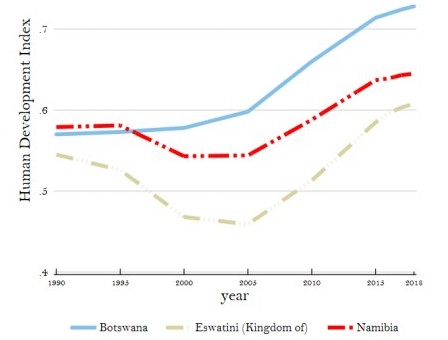Natalie writes*
Until recently, subsidised energy in Indonesia was a public service obligation, provided to all citizens. Ever since becoming independent in 1949, the fossil fuel subsidies are a prominent aspect of Indonesia’s economy, and are intertwined with the oil industry. Initially, they were created as a means to redistribute wealth earned from oil revenues, by subsidising on the consumer end to reduce poverty. Yet, poor targeting of the policy has brought along issues, and no poverty alleviation [pdf].
The budgets for subsidies have increased throughout the past decades, pressuring the fiscal capacity of the Indonesian government. Between 2008-2014, subsidised petroleum products, 3-kg LPG, and electricity accounted for 20% of the country’s central government budget [pdf]. This led to underinvestment in essential public services, including infrastructure and education. Additionally, the characteristic of being a ‘blanket’ subsidy for all citizens made that mostly higher income Indonesians who owned private vehicles would enjoy the subsidy.

Moreover, apart from climate change as a negative externality, another associated with the subsidy is the black market in fuel – cheap, subsidised oil is sold to ineligible consumers or businesses at below market prices. Another issue is the ‘oil and gas mafia’, referring to the corrupt elites running the fossil fuel industry. They have allegedly cost the country over $4.2 billion in revenues every year through embezzlement of Ministry of Energy funds, extortion, smuggling, and tax fraud.
Nevertheless, pursuits of reforms throughout the past decades have faced pushback from consumers and stakeholders. Citizens considered subsidies their right, and perceived price adjustments as a high risk for inflation, consequently causing protests and disorder. Simultaneously, there have been vested interests from the ones benefitting from subsidised fuel; the Indonesian oil-trading lobby, state-owned oil company Pertamina, and vehicle manufacturers and distributors, intensely lobbied against attempts at reformation.
Despite the political favourability of the policy, there have been two successful reforms to phase out the subsidies: between 2005 and 2007, and between 2013 and 2015. These were to curtail negative externalities, and eventually shift fossil fuel consumption to renewable energy. The success was driven by macro-economic fluctuations, primarily the external shocks posed by the 2008 Global Financial Crisis and depreciation of the Indonesian rupiah in 2014, creating both urgency and societal leverage. As a result, less than 1% of GDP was spent on fossil fuel subsidies in 2016, as opposed to about 3% of GDP in 2014. Although the fossil fuel subsidy apparatus has not been abandoned entirely, Indonesia is on the right path to cost-reflective fuel prices.
Bottom line: Indonesia’s fossil fuel subsidies were meant to aid the country’s development, but induced inter alia fiscal deficits, corruption, and black markets. After several failed attempts of reform, external shocks opened up opportunities for successful policy change.
* Please help my Economic Growth & Development students by commenting on unclear analysis, alternative perspectives, better data sources, or maybe just saying something nice :).



